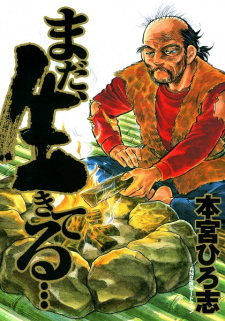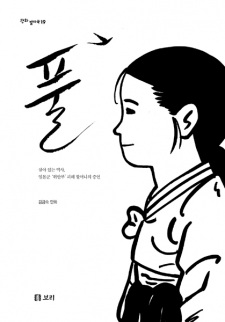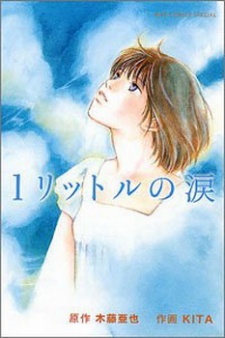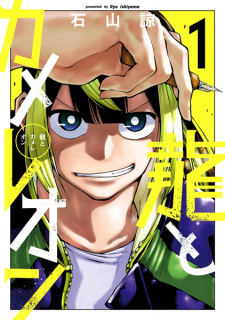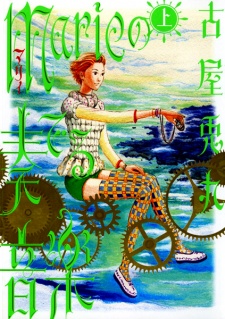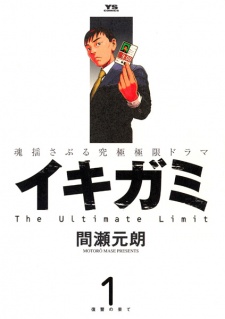Jan 3, 2019
Kenzo okada, 60 years old, is a tired man : fired a day before retiring, after a life devoted to his work as a salaryman, he finds out that his wife and his kids have left him and emptied his bank account.
Without any family, money or job, he realizes that all his hard work was worthless and decides to take the train and retire in his home village to hang himself. Unfortunately, the branch that he chose to hang himself breaks. After being on the verge of death, he decides to live the rest of his life as an hermit in the mountain, miles
...
away from the metropolis of Tokyo, far from all the daily worries of this new corrupt Japanese society that is emerging with globalization and the economic crisis.
Quickly, his life will take another turn when he finds a woman who tried to commit suicide and failed the same way as him and will convince her that life is worth living .This saved life im-poses new responsibilities upon him and will take care of her as a father would.
“I’m…I’m not dead…and even so… the sun…would still rise. In this world, death spares no one, but I am still alive. All right…I will go to the end of the way.”
While this story is about survival, it goes beyond simple material survival as it questions the meaning of life and challenges the context of the fixed model of success in Japanese society.
We can only be impressed by the choices he makes and how he evolves as a character, from a submissive and frail old man that accepts everything to a strong and fierce man that does not fear the gaze of others and can actually revolt against what he deem is wrong.
Mada ikiteru is a manga that reads fast and goes straight to the point, and while it could be argued that some scenes could be longuer and its themes could have more depth added to them, it leaves a strong impact that could not be achieved any other way and leaves you awestruck by this transformed man and his power of de-termination. Through a realistic drawing the author tells the distress of a man dam-aged by the torments of life, who tries to rebuild himself and forget his sorrows. Motomiya's drawings are majestic and offer us splendid panoramas on a nature not very often put forward. The strength of the drawing is of course accentuated by the dialogue, every word being poignant of realism, and the characters that characters that inhabits these pages. Every last bit of feelings is amazingly shown: the despair and incomprehension of the beginning, the rage and the discov-ery of hidden resources in us, the intelligence and especially the acceptance that there is a force superior to us. It is an ode to going back to nature, to the reappropriation of goods by one's own work, the surpassment of one self and condemns a dehumanized consumer socie-ty.The journey of the two characters illuminate the message of the author. Mada Ikiteru skilfully illuminates the entire paradox of Japan's capitalist years, between a society that is always progressing and individuals who sometimes remain aggrieved.
I also recommend watching salaryman kintarou which was also created by hiroshi motomiya, another good social drama and one of the he only things available of him.
Note that this was only a review of the first volume and its story is self contained. The 2nd volume focuses on Mazao Okada, Kenzo’s son who will try to find the whereabouts of his father and will follow in his steps, while also being skillfully mastered, I won’t go into further details because I would be forced to spoil major plot points that would possibly ruin your enjoyment if ever you have the chance to pick that up.
Reviewer’s Rating: 8
What did you think of this review?
Nice
 0
0
Love it
 0
0
Funny
 0
0
Confusing
 0
0
Well-written
 0
0
Creative
 0
0Show all
